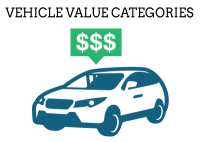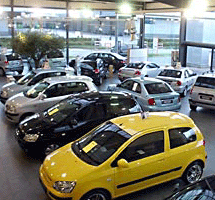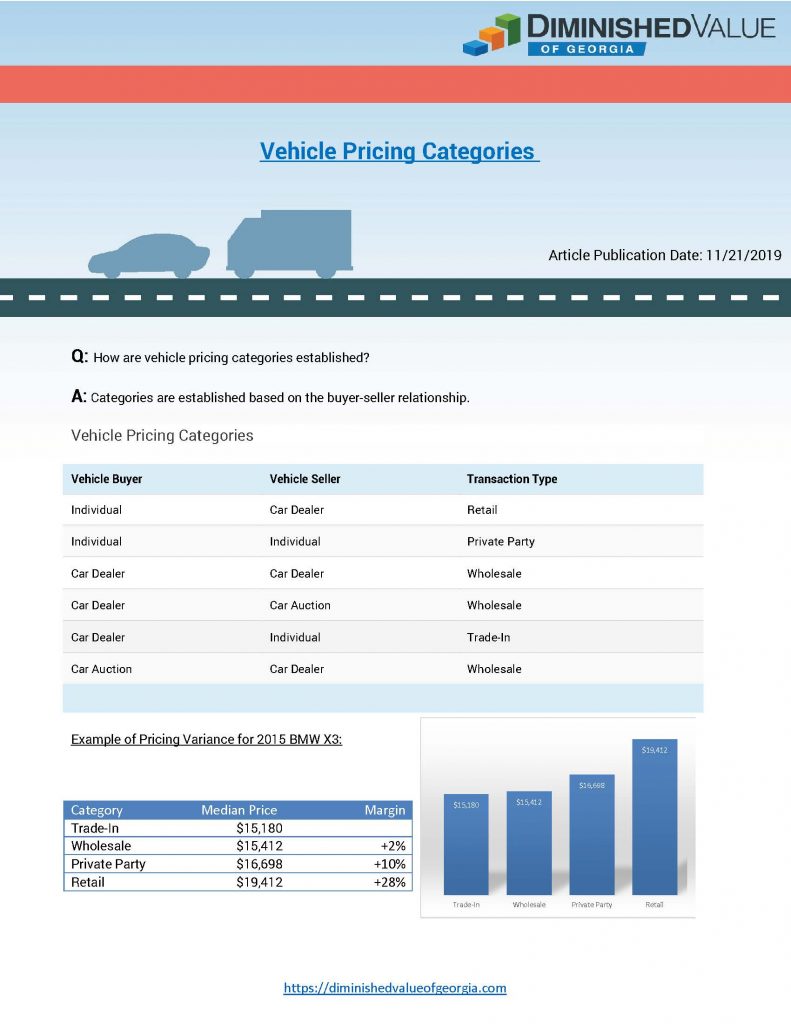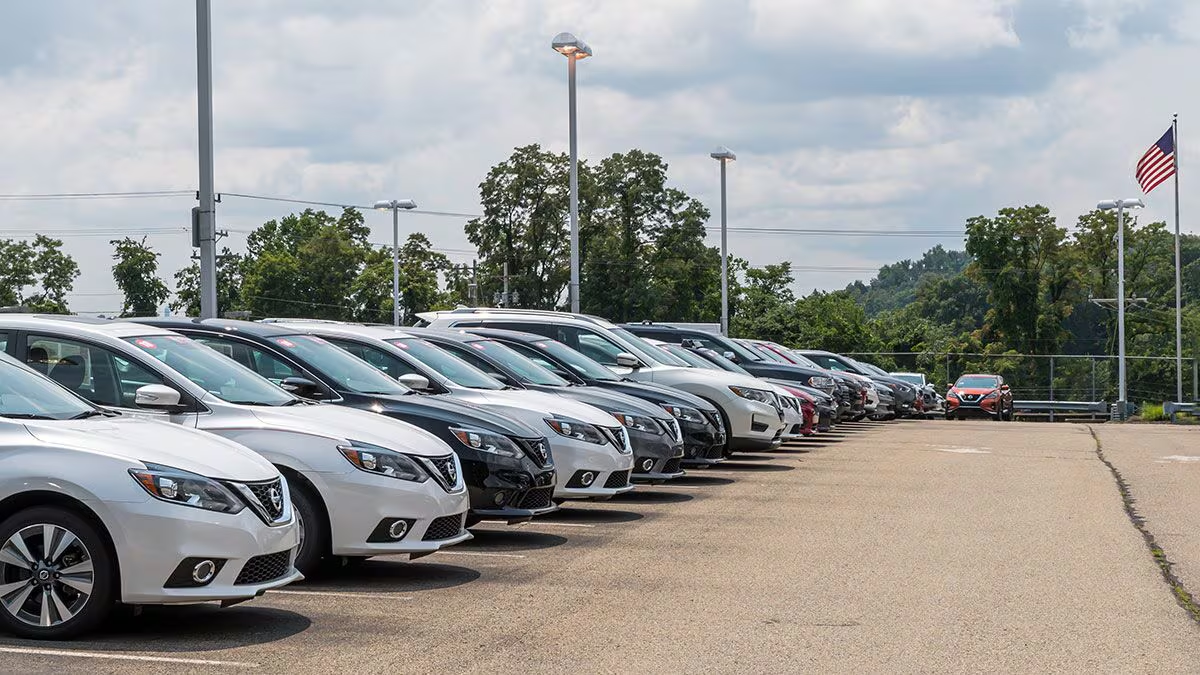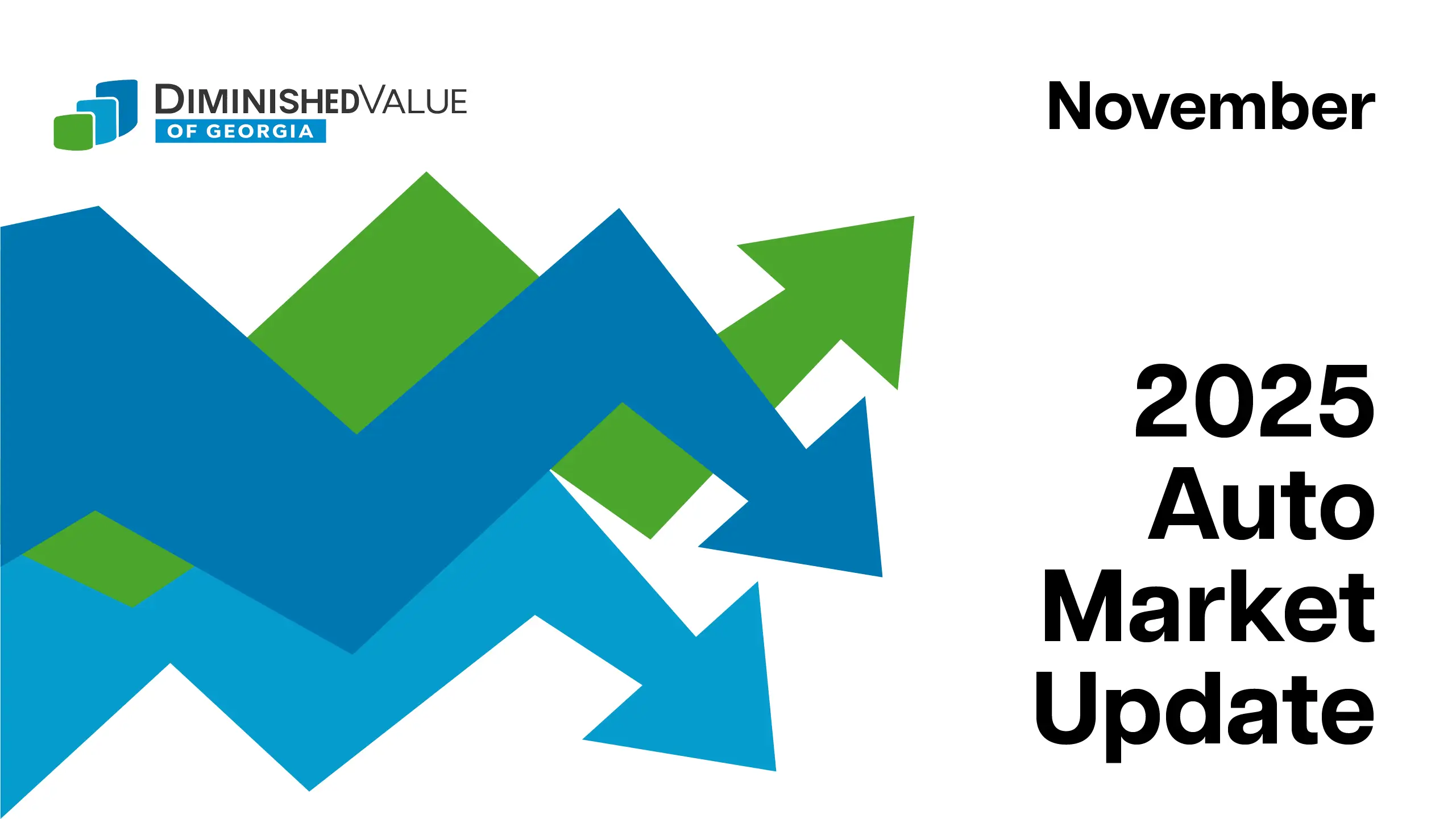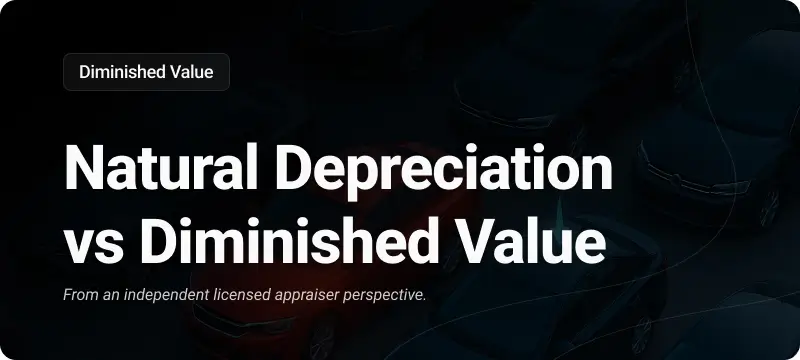Retail vs. Wholesale vs. Trade-In vs. Private Party Values:
What are the Main Differences in the Used-Car Pricing Categories?
Vehicle valuation guides are divided into several different categories, each one with its own set of conditions.
Q: How are vehicle pricing categories established?
A: Categories are established based on the buyer-seller relationship. So if the buyer is a private individual and the seller is a dealer, the transaction is a Retail Sale and the value associated with that sale is the Retail Value.
The four major vehicle pricing categories are:
Additional minor vehicle pricing categories:
- Certified Pre-Owned Value
- Restored Value
- Salvage Value
- Auction Value
In this article, we will discuss the major four categories.
Vehicle Pricing Categories
| Vehicle Buyer | Vehicle Seller | Transaction Type |
|---|---|---|
| Individual | Car Dealer | Retail |
| Individual | Individual | Private Party |
| Car Dealer | Car Dealer | Wholesale |
| Car Dealer | Car Auction | Wholesale |
| Car Dealer | Individual | Trade-In |
| Car Auction | Car Dealer | Wholesale |
Auto Buyers and Sellers Defined:
- Individual: This is either a private person or a company. The vehicle is used for transportation or business. The Individual is not a licensed car dealer.
- Car Dealer: Usually licensed by the state, the car dealer operates a business whose primary purpose is to buy and sell cars for a profit. Car dealers normally have a lot where vehicles are displayed for sale.
- Wholesale Dealer / Broker: Car Dealer but without a physical location.
- Car Auction: A large business where a volume of vehicles is bought and sold by dealers. Most auctions are not open to the public. Public car auctions fall under car dealers.
Retail Value:
The retail value corresponds to a retail transaction where the seller is a dealer and the buyer is an individual.
The asking or advertised price by the dealer is normally not the transactional price.
Some dealers offer vehicles as “Certified”; this simply means that the retail vehicle price includes an extended warranty and roadside assistance. The warranty normally offered by the manufacturer of the vehicle, only a franchise dealer (Honda, Nissan etc.) can sell you a certified car.
Q: Why are retail values are the highest among all the pricing categories?
A: Vehicles offered under the retail category are usually:
- Front Line Ready
- Reconditioned & Detailed
- Have no major prior accidents
- Serviced and Maintained
- Available with a Warranty
Reconditioning usually includes tires, maintenance items (oil change, air filter etc.) as well as mending any cosmetic issues the vehicle may have.
When buying a retail vehicle, the Individual normally pays sales tax and administrative fees (doc fee) straight to the dealer who will process tag and title paperwork (Vehicle Titling Requirements in Georgia).
Doc Fees or Documentation Fees are pure dealer profit and give car buyers no added benefit.
Private Party Value:
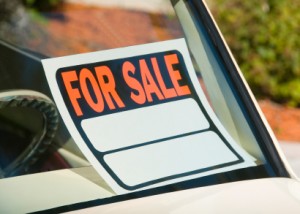
The Private-Party value corresponds to a person-to-person transaction where the seller and the buyer are both individuals.
The Private-Party value is normally less than the retail value since the vehicle has not been reconditioned. In addition, the seller is not trying to make a transactional profit as they are disposing of their own property. Tag and title fees are normally paid at the motor vehicle office and not to the seller.
Another advantage of a private party sale is knowing the seller, asking them questions, requesting history records etc. In addition, most private sellers will allow you to get the vehicle inspected at a third party.
Please note that a private party sale is inherently AS-IS, there are no warranties or guarantees associated and sales are usually final.
Wholesale Value:
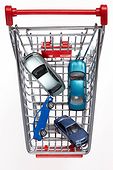
The Wholesale value corresponds to a dealer-to-dealer transaction where the seller and the buyer are both in the car business.
Dealer profit margins normally hinge on maximizing the difference between the wholesale and retail values.
Q: Where do car dealers get their inventory from?
A: Car dealers source inventory from:
- Other Car Dealers
- Wholesale Dealers
- Car Auction
- Fleet / Rental Companies
- Manufacturers or Loaner Vehicles
- Individuals selling their cars
Trade-In Value:
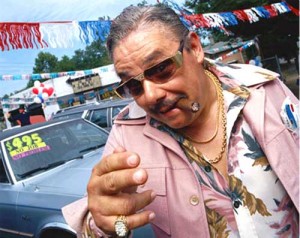
The Trade-In Value corresponds to an Individual-to-Dealer transaction where the seller is an Individual and the buyer is a Car Dealer.
The Trade-In Value is usually the lowest amount a vehicle sells for.
A trade-in allowance is a fictional amount, usually greater than trade-in value as it reflects a shifting of the discount from the car being purchased to the trade.
If a dealer sees you’re concerned more with the trade-in value than the price of the new vehicle, you will often time be offered more money for your trade rather than a discount on the new vehicle.
Trade-in is generally lower than wholesale since a dealer taking a car on trade has the option to either retail out of it or wholesale it. Either way, a dealer expects to make a profit.
We recommend that you not trade-in your vehicle without trying to sell it on your own first. Obviously there are many exceptions. Here are the advantages of trading-in your vehicle:
- You can walk in and walk out from a dealer with another car
- You don’t have to deal with cranky buyers
- You don’t have to worry about double insurance
- You get a tax discount, usually, tax is assessed on the difference between the value of the two cars
- It’s a lease and the actual cash value is greater than the residual value
- You are upside down and need to roll in negative equity to another loan
These advantages are usually outweighed by one disadvantage – by trading your car in, you always get less money for it!
Example of Pricing Variance for 2015 BMW X3:
Value & Margin Variance
| Category | Median Price | Margin |
|---|---|---|
| Trade-In | $15,180 | |
| Wholesale or Auction | $15,412 | +2% |
| Private Party | $16,698 | +10% |
| Retail | $19,412 | +28% |
Looking to buy or sell a car? Call us today to schedule an appraisal or a pre-purchase inspection. 678-404-0455

